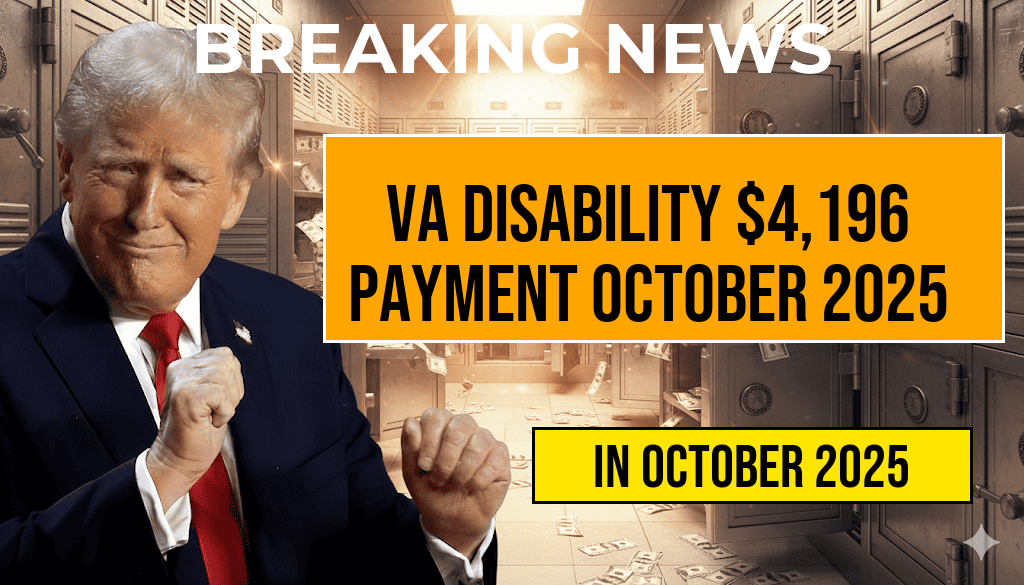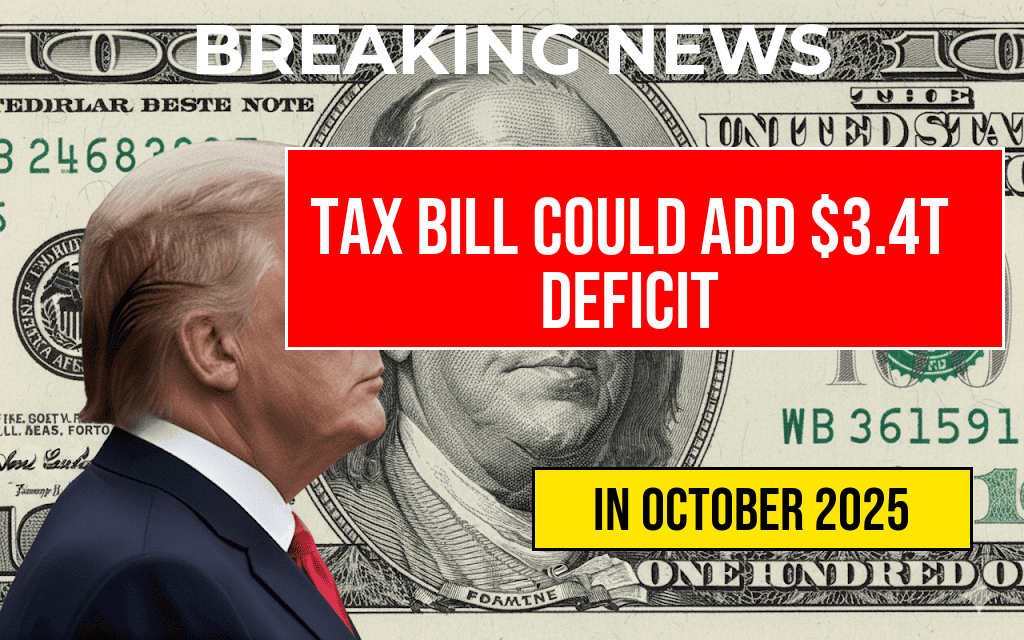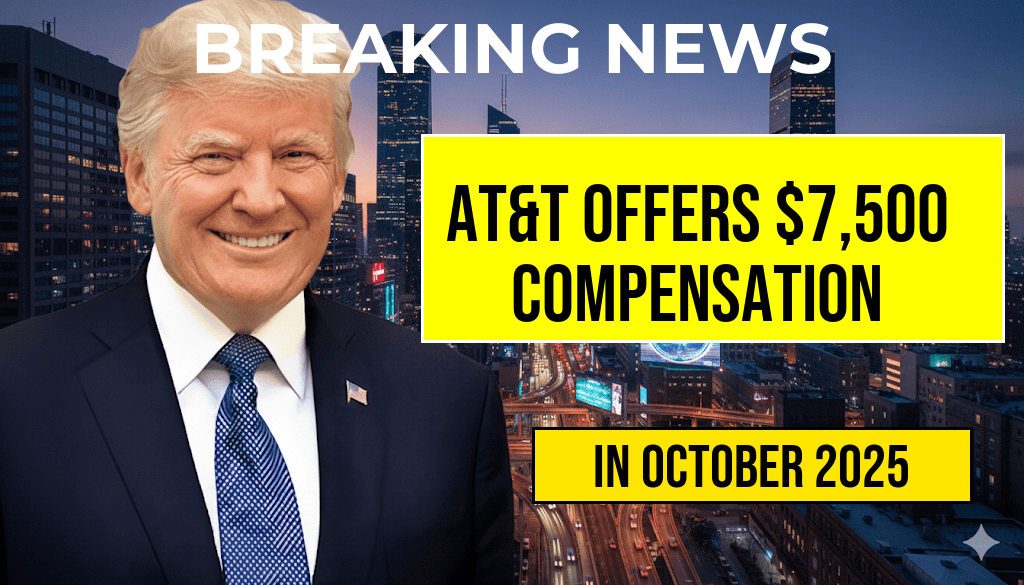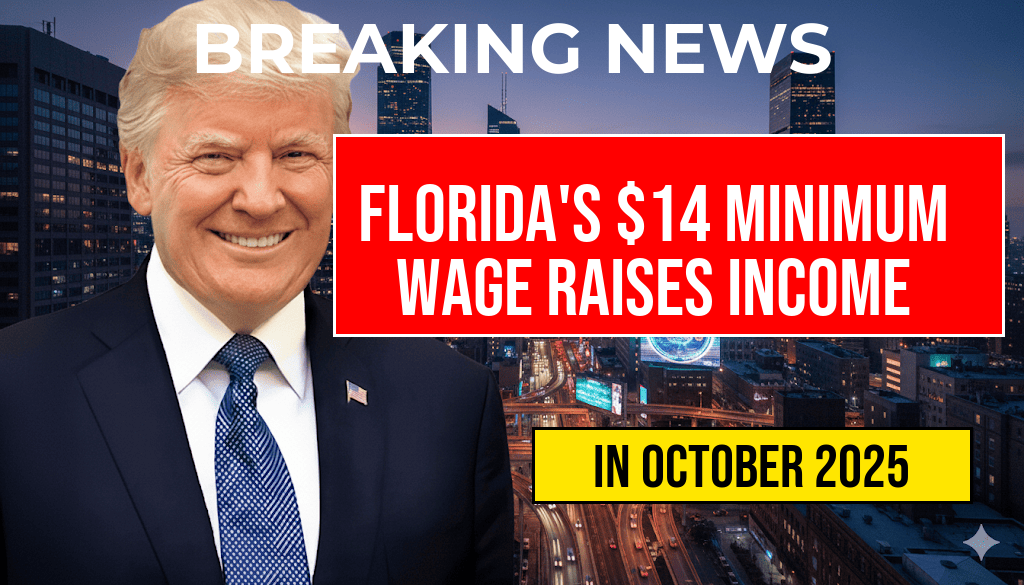The looming threat of a government shutdown has raised concerns about its potential to create a two-tiered system among Social Security recipients. While current beneficiaries could continue receiving their payments uninterrupted, new applicants may face significant delays, possibly leaving thousands without timely support. This divergence stems from recent legislative impasses over federal funding, which have triggered uncertainties in the administration of Social Security benefits. As lawmakers debate budget proposals, the possibility of a shutdown underscores the risk of unequal treatment, emphasizing how political deadlock could impact vulnerable populations. Experts warn that such a scenario might exacerbate existing economic hardships for future retirees and disabled individuals seeking timely assistance.
Background on Social Security Funding and Administration
Social Security, a cornerstone of American social welfare, provides retirement, disability, and survivor benefits to more than 65 million Americans. Funded primarily through payroll taxes collected under the Federal Insurance Contributions Act (FICA), the program operates on a trust fund that is replenished annually through ongoing payroll contributions. The Social Security Administration (SSA) manages benefit payments and application processing, relying heavily on federal appropriations for operational funding.
Typically, during periods of government shutdowns, the SSA continues to process payments for existing beneficiaries due to statutory protections, but delays often occur in processing new applications or issuing initial benefits. The current political deadlock has raised concerns that this pattern could deepen, especially if funding disruptions extend beyond short-term closures.
Potential Impact of a Shutdown on New Social Security Applicants
| Aspect | Existing Beneficiaries | New Applicants |
|---|---|---|
| Benefit Payments | Typically continue unaffected, as payments are scheduled and protected by law. | Likely to experience delays in processing initial applications and issuing benefits. |
| Application Processing | Already approved beneficiaries receive payments without interruption. | Processing centers may operate with limited staff, leading to backlogs and extended wait times. |
| Operational Funding | Funds allocated to maintain ongoing payments are usually protected. | Processing new claims requires administrative resources that could be temporarily reduced or halted. |
Legal Protections and Limitations
Current law ensures that retired and disabled beneficiaries already receiving benefits are shielded from immediate disruption. However, the same legal protections do not extend to new applicants. The SSA’s capacity to process new claims depends on appropriations, which are often curtailed during shutdowns. As a result, applicants might face delays spanning weeks or even months, depending on the duration of the funding hiatus.
Broader Implications for Social Security Access and Equity
The disparity between existing beneficiaries and new applicants risks creating a two-tiered system that could undermine the fundamental principle of equitable access to social safety net programs. For many Americans, especially those near retirement age or with urgent disabilities, delays in securing benefits can lead to financial instability and hardship. Vulnerable groups, including low-income seniors and disabled individuals, are likely to be disproportionately affected.
Advocates argue that such delays not only threaten financial security but also erode public trust in the social safety net. “When new applicants face extended waits, it sends a troubling message about the reliability of the system meant to support Americans when they need it most,” said a representative from the National Committee to Preserve Social Security and Medicare.
Political Dynamics and Legislative Challenges
Standoff Over Budget and Spending Priorities
The current political deadlock centers around disagreements over federal spending levels and policy priorities, with some lawmakers demanding spending cuts or policy concessions in exchange for agreeing to funding bills. The failure to reach a consensus risks triggering a shutdown, which would halt non-essential government operations, including parts of the SSA’s administrative functions.
Potential Legislative Remedies
- Continuing Resolutions: Short-term funding measures could prevent a shutdown but may only delay the problem.
- Emergency Funding: Congress could allocate emergency funds specifically for SSA operations to ensure uninterrupted processing of new claims.
- Long-term Budget Agreements: Negotiated budgets that stabilize funding could eliminate the threat altogether, protecting both current beneficiaries and new applicants.
Without such measures, the risk remains that the social security system will operate unevenly, with those already receiving benefits protected while newcomers face administrative delays.
Expert Opinions and Future Outlook
Analysts warn that the impact of a government shutdown on Social Security could extend beyond immediate payment disruptions. Delays in processing new claims could lead to a backlog that strains the SSA’s resources long after the shutdown ends. Additionally, the uncertainty may discourage eligible individuals from applying promptly, potentially delaying their access to critical support.
According to a report from the Wikipedia entry on Social Security (United States), maintaining uninterrupted benefits for current recipients is a legal obligation, but the administrative process for new applicants remains vulnerable to funding lapses. Policy experts emphasize that resolving funding disputes swiftly is essential to prevent a bifurcated system that undermines the program’s integrity and public confidence.
Frequently Asked Questions
Will current Social Security beneficiaries continue to receive payments during a government shutdown?
Yes, existing Social Security beneficiaries will remain protected and continue to receive their payments without interruption during a government shutdown.
What happens to new Social Security applicants if a government shutdown occurs?
New Social Security applicants face complete delays in processing their claims, potentially experiencing significant waiting periods until the government reopens or funding is restored.
How does a government shutdown create two classes of Social Security recipients?
A government shutdown results in existing beneficiaries being protected and continuing to receive benefits, while new applicants face delays, effectively creating two classes of recipients based on their application status.
Are there any measures in place to support new Social Security applicants during a shutdown?
Currently, there are no specific measures to expedite processing for new applicants during a shutdown, which may lead to extended waiting times until normal operations resume.
What can potential applicants do to prepare for potential delays caused by a government shutdown?
Potential applicants should consider applying early and maintaining awareness of updates from the Social Security Administration to mitigate the impact of delays during a government shutdown.










